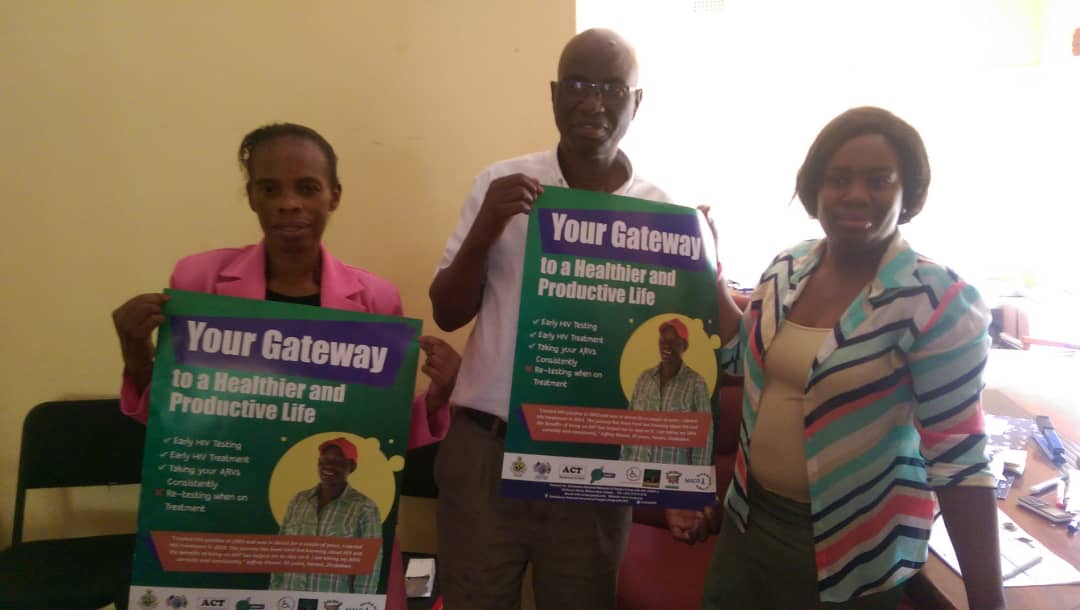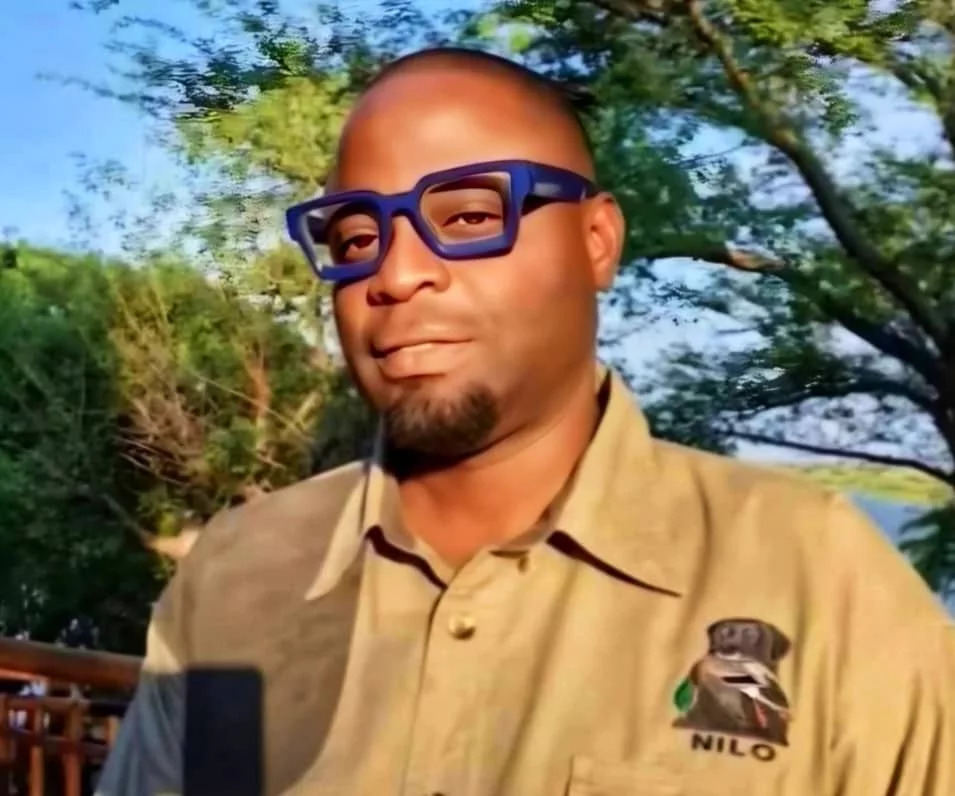The Disability, HIV and AIDS Trust (DHAT) has urged the media to report positively about people with disabilities.
Speaking at a dialogue that was held in Harare today at DHAT’s offices located in Eastlea, Disability, HIV and AIDS Trust Programmess Officer Yeukai Mazhawidza said people with disabilities were being side-lined by the society. As a result journalists were encouraged to play a role in constructing a good representation of people with disabilities.
“Journalists must create a positive image about people with disabilities. They must show to the world that having disabilities can happen to anyone in society. To be with a disability does not mean that the person will be unable to do anything,” she said.
She also addressed the issue of segregation of the people with disabilities that is taking place in hospitals and clinics saying that was unacceptable.
Mazhawidza said the people with disabilities were being seen as people that are not sure of the sicknesses they will be having or their condition. Consequently, the nurses at many times would ask the person’s aid which is an insult to the person as he or she would have presented the type of sickness he or she will be having.
“In clinics and various hospitals people with disabilities are viewed as children because if a person goes to the hospital having a sickness the nurses or doctors that will be attending to the patient usually confirms from the aid that will be helping the person. That is not fair since it presents the patient as someone who is not sure of what he or she will be doing,” she said.
The journalists also discussed about the issue of sign language which is a crucial element to people that do not hear stating that it was of imperative importance to have a sign language communicator at each and every program on the national television. Having one signe language interpreter at the time of news only is inadequate.
DHAT, which is a Non-Governmental Organisation hosted the dialogue in collaboration with the Zimbabwe National Network of People Living with HIV and AIDS (ZNNP+) with the objective to discuss with the media on how they can embrace issues of disability when reporting on health.
This was done in line with the United Nations’ (UN) Convention on the Rights of Persons with Disabilities Article 8 that focuses on awareness raising to support persons with disabilities issues to be known and be communicated to the wider community.
This came after the realisation that the people with disabilities were facing many challenges in accessing the appropriate health services.






